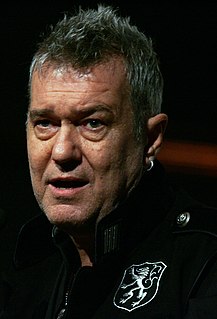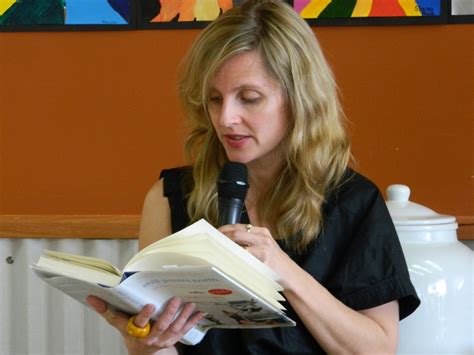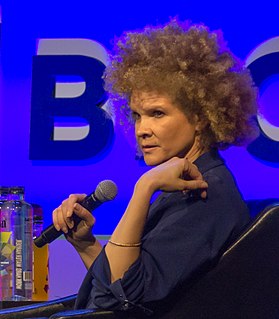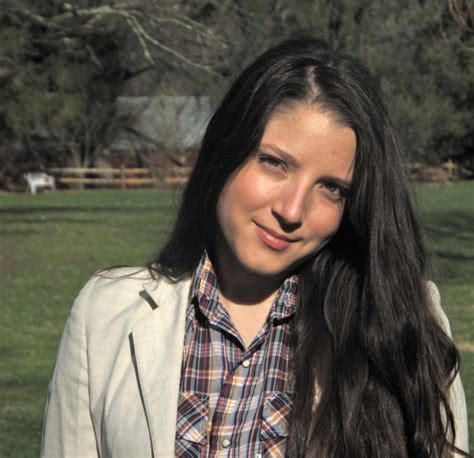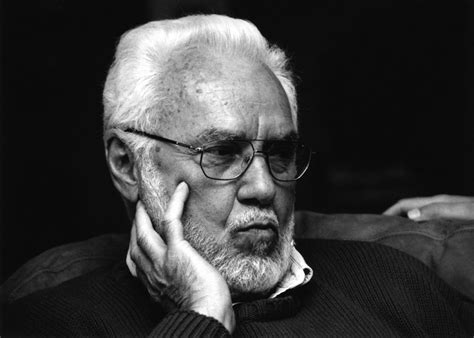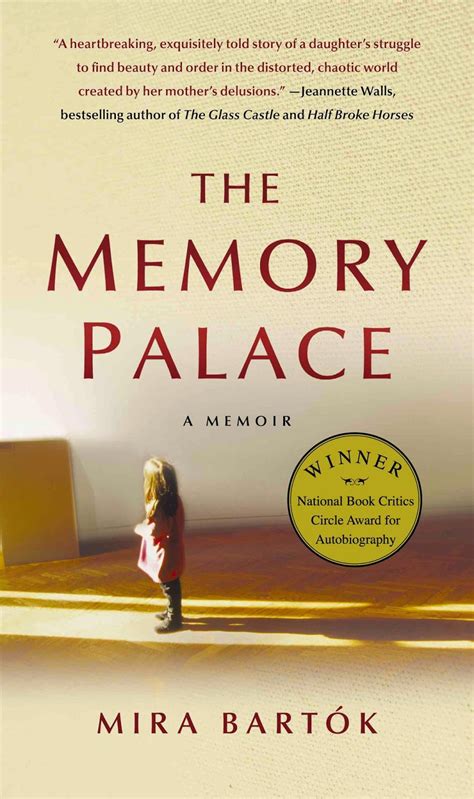Top 434 Memoir Quotes & Sayings - Page 5
Explore popular Memoir quotes.
Last updated on April 22, 2025.
One of the things I write about a bit in my Madam Secretary memoir is on Rwanda, where I was an instructed ambassador at the U.N., and my instructions were to not vote for increased forces there, and I didn't like my instructions. So I got up and called Washington and said, "Change my instructions," and they didn't.
I have always felt a special affinity with V. S. Pritchett. He worked from the ear, primarily, as I do, and he was an all-rounder, writing short stories, novels, memoir, travelogue, critical biography. He lived to be almost 100, and he never stopped, and his work is unified by a great generosity of spirit.
At its best, fiction cultivates fantasy and compassion; at its worst, memoir provokes schadenfreude and prurience. The ugly truth, I fear, is that many people are drawn to sensational memoirs for the same reason they watch 'The Apprentice': they like to witness actual suffering, before-your-very-eyes humiliation.
Autobiography is not important. Authenticity is important. The writer must fire herself through the text, be the molten stuff that welds together disparate elements. I believe there is always exposure, vulnerability, in the writing process, which is not to say it is either confessional or memoir. Simply, it is real.
Speaking specifically about the memoir, I know that's a criticism that people can have about my work. When I look at the young men's lives, if they're reduced to the worst thing they've done, then it's easy for them to become a stereotype. I keep running into that with newspaper articles that are very short.
I'm interested in non-fiction, but a form of it which is very badly behaved, which doesn't define itself as straight-ahead journalism or memoir. It blurs boundaries, plays fast and loose with the truth - not to be silly, whimsical or lazy, but to get greater purchase on what it feels like to be alive.

